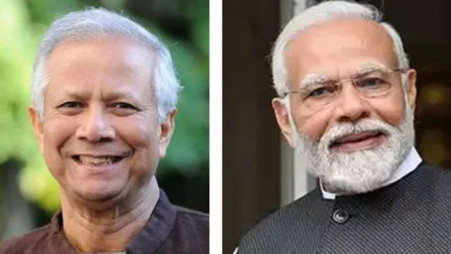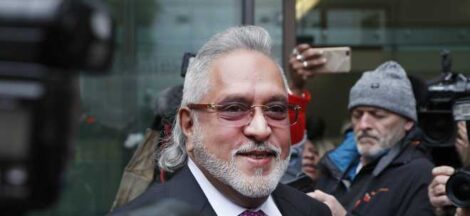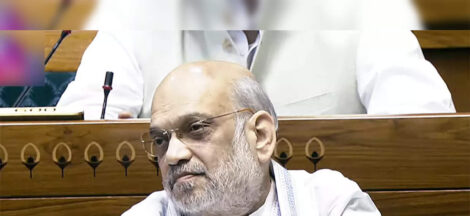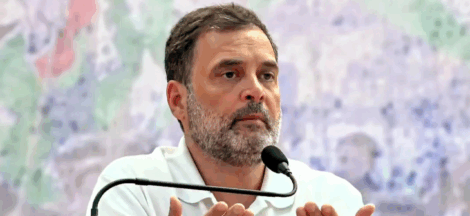Bangladesh’s interim Chief Adviser Muhammad Yunus has reaffirmed lasting cooperation between his nation and India, emphasising that their engagement will continue to be guided by “mutual respect and understanding” to serve the welfare of both peoples. His message, framed in a letter dated 6 June, was a response to Prime Minister Narendra Modi’s Eid‑ul‑Adha greetings sent on 4 June. Both letters were shared publicly via X by Yunus’s office on Sunday.
Yunus described Modi’s message as “thoughtful” and noted it reflected the shared cultural values between the two neighbouring countries. He extended warm wishes to Modi and the people of India, adding that Eid‑ul‑Adha is “a time of reflection, which brings communities together in the spirit of festivity, sacrifice, generosity and unity, and inspires us all to work together for the greater benefits of the peoples across the world”.
In his own letter, PM Modi highlighted that the festival is an “integral part of the rich and diverse cultural heritage of India” and recalled that it “reminds us of the timeless values of sacrifice, compassion and brotherhood, which are essential in building a peaceful and inclusive world.” He conveyed the greetings “on behalf of the people and the Government of India”.
This exchange comes amid a subtle diplomatic thaw in the wake of heightened political frictions triggered by the removal of Sheikh Hasina as Bangladesh’s prime minister in August 2024. India’s sheltering of Hasina and Dhaka’s ban on her party in May 2025 escalated tensions, exacerbated by contrasting economic interests and a US$10 billion trade imbalance.
The Eid correspondence is widely interpreted as a conciliatory gesture aiming to reset diplomatic tone. Analysts note that both leaders had met earlier this April at the BIMSTEC summit in Bangkok to discuss critical issues such as minority safety in Bangladesh, border security, water sharing from the Ganges‑Teesta system, and the potential extradition of Hasina.
Despite the underlying strains, the Eid exchange has been described by observers as positive, with Yunus’s reaffirmation marking a deliberate attempt to reinforce cooperation. “The spirit of mutual respect will guide us,” he stated, suggesting that both countries are willing to use cultural and diplomatic gestures to maintain constructive relations.
However, substantial political and economic challenges linger. Bangladesh’s interim government, which has embarked on a widely publicised delineation from its past alignment with India, continues to engage other regional partners. The recent resumption of diplomatic talks with Pakistan following a 15‑year hiatus, for instance, signals Dhaka’s intent to diversify alliances.
Meanwhile, concerns over border killings and visa restrictions persist, and unresolved water disputes over rivers like the Teesta underscore friction points. Both sides recognise that enduring progress will require sustained dialogue, formal agreements, and trust‑building measures.
Observers suggest that while the Eid exchange is welcome, realignment on issues such as trade imbalances, treatment of minorities, and resource-sharing frameworks will be essential to stabilise and advance bilateral relations. As Yunus put it, the overarching aim is to ensure that “our nations … work together for the wellbeing of our peoples”.




